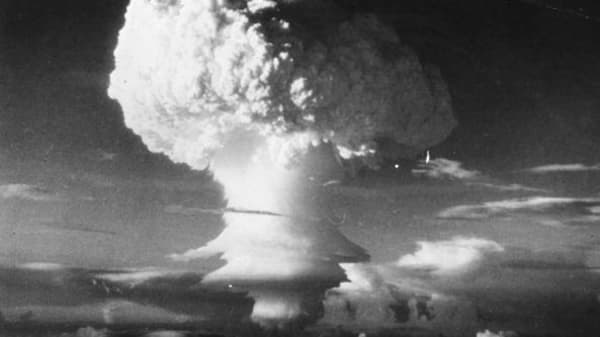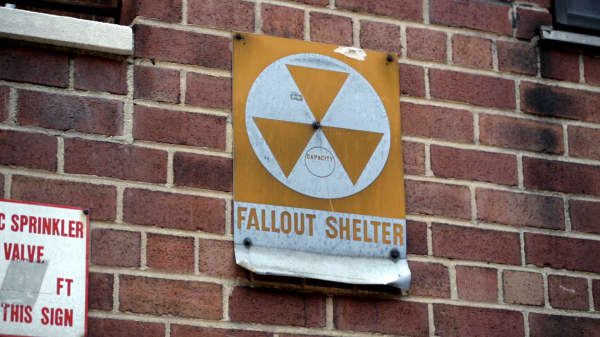Consider the most dangerous course of action: this latest test, reportedly fired from a mobile launcher, indicates North Korea has the ability to launch nuclear-tipped missiles. If the United States tries to take out launch points, or even a massive and sustained bombing campaign in an attempt to destroy their ability to retaliate, we will inflict extraordinary damage—but it is unlikely our attacks would successfully penetrate all their mountain bunkers.
That leaves the possibility that Kim Jong-un would order a mobile launcher to emerge from its protective bunker, and in retaliation, send a nuclear missile crashing into Guam, Hawaii, or Seattle.
Such an act would not be a fringe possibility were the U.S. to launch any type of "preventive" armed attack; it would be a likely outcome.
The window of opportunity to strike North Korea without risk of nuclear retaliation closed many years ago. For more than a decade, it has been impossible to take out North Korea's ability to launch conventional and nuclear retaliatory strikes against our allies—the only recent development is that our homeland may now also be at risk of a counterstrike.
This further increases the cost of preventive war, making it an even worse policy option rather than a serious policy recommendation.
It is the most sacred duty of the Commander-in-Chief to safeguard the security of the American people. That duty can best be accomplished by a firm and authoritative deterrent. Two of the 20th Century's most ruthless tyrants—China's dictator Mao Tse-Tung and the USSR's tyrant Joseph Stalin—were effectively deterred.
Instead of launching any preventive strikes, the Administration should take the following steps:
First, establish an official line of communication between the White House and Pyongyang's command center. Doing so concedes nothing to them, but does provide real-time links to prevent military misunderstandings and provides an avenue to the potential for diplomacy.
Second, keep economic pressure on North Korea, yet not enough to pose an existential threat. Trying to coerce China into doing so may cause Pyongyang to make the same calculation Japan did when the U.S. cut off their supply of oil prior to World War II––some Japanese leaders realized that without oil, their empire would die and thus advocated for the risk of the surprise Pearl Harbor attack.
Third, communicate that if the Kim regime uses weapons of mass destruction on the U.S. or its allies, it will face a devastating and overwhelming response, likely leading to its downfall. If, however, they do not attack, then they have no fear of a preventive U.S. attack. This is the essence of deterrence.
At the moment, Kim is terrified of a U.S. invasion or regime-change attack. He believes that to negotiate away his nuclear deterrent is tantamount to suicide, as they believe happened to Saddam Hussein and Muhammar Kaddafi. It is crucial that our diplomatic efforts convince him there is a future that doesn't include an American attack.
Many in Washington ridicule "talks" and believe that talking has done nothing but enable Kim's nuclear rise – but these talks have prevented war.
What is desperately needed now is a diplomatic track that first seeks to lower the tensions so that both sides back off the hair-trigger. Then, even if it's a many year process, we need to continue regional diplomacy––backed up by a powerful military deterrent––seeking the eventual denuclearization of the peninsula.
There's no real evidence that Kim Jong-un wants to offensively attack the United States. What he desperately desires is to live. He is not suicidal, and thus will almost certainly not use his weapons unless he's backed into a corner. He can, therefore, be deterred. Millions of lives are in the balance, and this crisis requires a sober, rational response.
Deterrence will hold against Kim Jong-un's far weaker regime and will safeguard American lives. A preventive attack will unnecessarily sacrifice them.
Commentary by Daniel L. Davis, a senior fellow for Defense Priorities and a former Lt. Col. in the U.S. Army who retired in 2015 after 21 years, including four combat deployments. Follow him on Twitter @DanielLDavis1.
For more insight from CNBC contributors, follow
@CNBCopinion
on Twitter.




